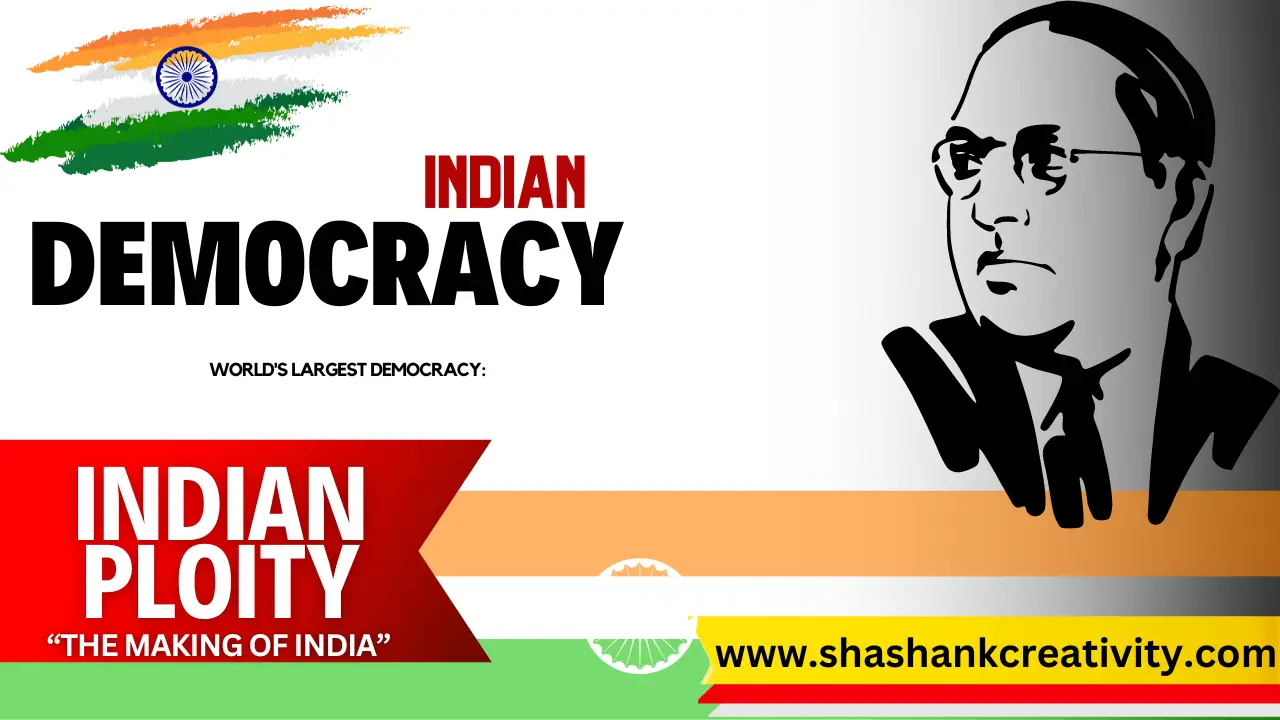The Model Code of Conduct (MCC) is a set of guidelines issued by the Election Commission of India (ECI) that regulates the conduct of political parties, candidates, and government machinery during the electoral process. It ensures free and fair elections by maintaining a level playing field and preventing any party or candidate from gaining an undue advantage. The MCC comes into effect as soon as the election dates are announced and remains in force until the election process is completed.
The Model Code of Conduct (MCC) is a set of guidelines issued by the Election Commission of India (ECI) that regulates the conduct of political parties, candidates, and government machinery during the electoral process. It ensures free and fair elections by maintaining a level playing field and preventing any party or candidate from gaining an undue advantage. The MCC comes into effect as soon as the election dates are announced and remains in force until the election process is completed.
Restrictions Imposed on Political Parties:
-
Campaigning: Political parties cannot hold any rallies, public meetings, or processions without obtaining prior permission from the concerned authorities.
-
Use of Public Resources: Parties are prohibited from using government machinery, resources, and funds for campaigning or any election-related activity.
-
Misuse of Media: Parties cannot influence the media through advertisements or other means to gain an advantage. They must ensure a level playing field for all candidates.
-
Religious or Communal Appeals: Parties are forbidden from making any appeals to religion, caste, or community to secure votes. They must refrain from making statements that can incite hatred or communal tensions.
-
Bribery and Gifts: Parties cannot offer any inducements such as cash, gifts, or promises of benefits to voters to influence their decisions.
Restrictions Imposed on the Public:
-
Code of Conduct for Voters: While there are no legal restrictions on the public during the MCC period, voters are encouraged to adhere to a code of conduct that promotes ethical voting. This includes refraining from accepting bribes, maintaining peace and order, and exercising their right to vote freely without any undue influence.
-
Fair Reporting: Media and citizens are expected to report on the election process objectively and refrain from spreading false information or propaganda that may influence the outcome of the elections.
Do's and Don'ts for Political Parties and Candidates:
Do's:
- Conduct ethical and fair campaigning, focusing on issues rather than personal attacks.
- Obtain necessary permissions for rallies, meetings, and campaign events.
- Respect the principles of democracy and promote voter education and awareness.
- Cooperate with election officials and adhere to their instructions.
Don'ts:
- Do not use hate speech or make divisive statements that can incite violence or communal tensions.
- Do not use public resources or government machinery for campaigning purposes.
- Do not engage in bribery or offer any inducements to voters.
- Do not violate any laws or regulations related to elections, including the MCC guidelines.
Violation of the Model Code of Conduct can result in various penalties, including fines, disqualification of candidates, or cancellation of elections in extreme cases. The Election Commission of India is responsible for enforcing the MCC and ensuring a fair electoral process.
Model code of conduct, MCC, Model code of conduct of India, election in India, general election in India, election commission of India, election 2024, general election 2024, election in India, general election in India
